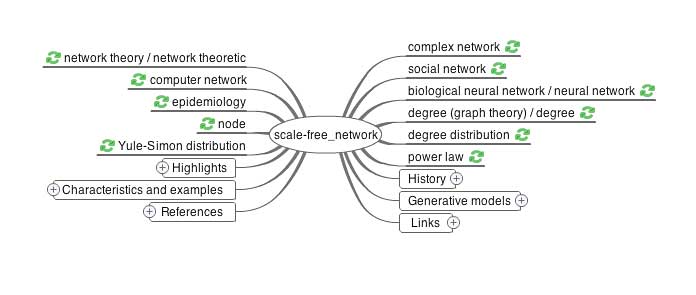From one of Jon Crowcroft’s blogs…
I’m trying an experiment just now – all my e-mail is deleted – if you want to send me a message you need to put it on a web log (sorry, blog) or wikipedia, and I will get a google alert on a (private, whilelist only) mail address and will get back to you. This both rate limits how often new people can send to me, and scales my mail to google’s search/alert system, which is probably better than the university’s – of course, if everyone did it it might be very interesting!
three things one hopes to learn
a. how fast google scan/alert stuff runs
(it hasn’t found michael dales blog of my email autoanswer yet, but its early days
b. how many people care
c. if anyone thinks of an attack…



